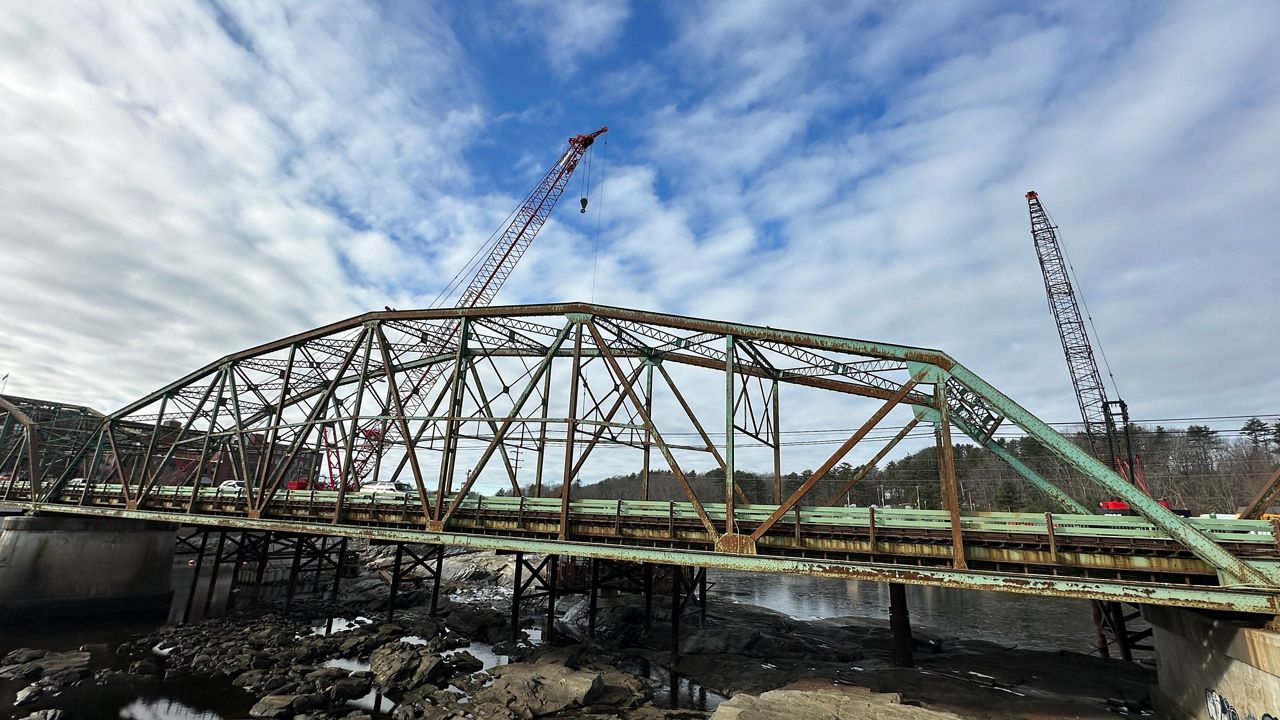TOPSHAM — A new report says Maine’s infrastructure rates a “C” grade, with bridges and dams needing the most attention.
The American Society of Civil Engineers releases a report every four years to grade the state in 16 categories. Despite major investments in recent years from the state and federal government, it will likely take a while for those improvements to show in the grades, said Nate Strout, board president of the group.
“Maine’s infrastructure is also showing the consequences of decades of deferred maintenance,” he said. “This is because we have been kicking the proverbial can down the road about fixing and maintaining these critical systems in the past.”
The “C” grade is an improvement from the 2020 report, which awarded the state a “C minus,” Strout said.
Maine Department of Transportation Commission Bruce Van Note said the federal Bipartisan Infrastructure Law has been a “game changer” for the state’s roads and bridges and he praised state lawmakers from both parties for working together to better fund the system.
He said the engineers give tough grades, but his department appreciates the feedback.
“Because of funding decisions made at the federal and state level, DOT has been able to pivot from what I call MacGyver mode to pragmatic progress,” he said. “Or stated another way, from making do to making progress. That is a very big deal.”
The lowest grade awarded in the report was a “D” for bridges, dams, levees and transit, which refers to the state’s lack of public transportation.
The state earned “B” grades in aviation, ports and rail. No failing grades were awarded, but the state got “C” grades for drinking water, energy, hazardous waste, public parks, roads, solid waste and stormwater.
Strout warned that “increasingly severe weather” will likely continue to take a toll on roads, bridges, pipelines and electric lines built years ago.
“Maine ranked third in the nation in the frequency of power outages at nearly twice the national average,” he said. “Maine also ranked third for longest power outages at three times the national average.”
Strout emphasized the need for continued funding of infrastructure needs, saying that the money already approved will run out in 2026.
“Our infrastructure drives economic growth, creates jobs, improves public health and protects us from extreme weather,” he said. “We work hard to build and maintain our system for the public’s health, safety and welfare.”

